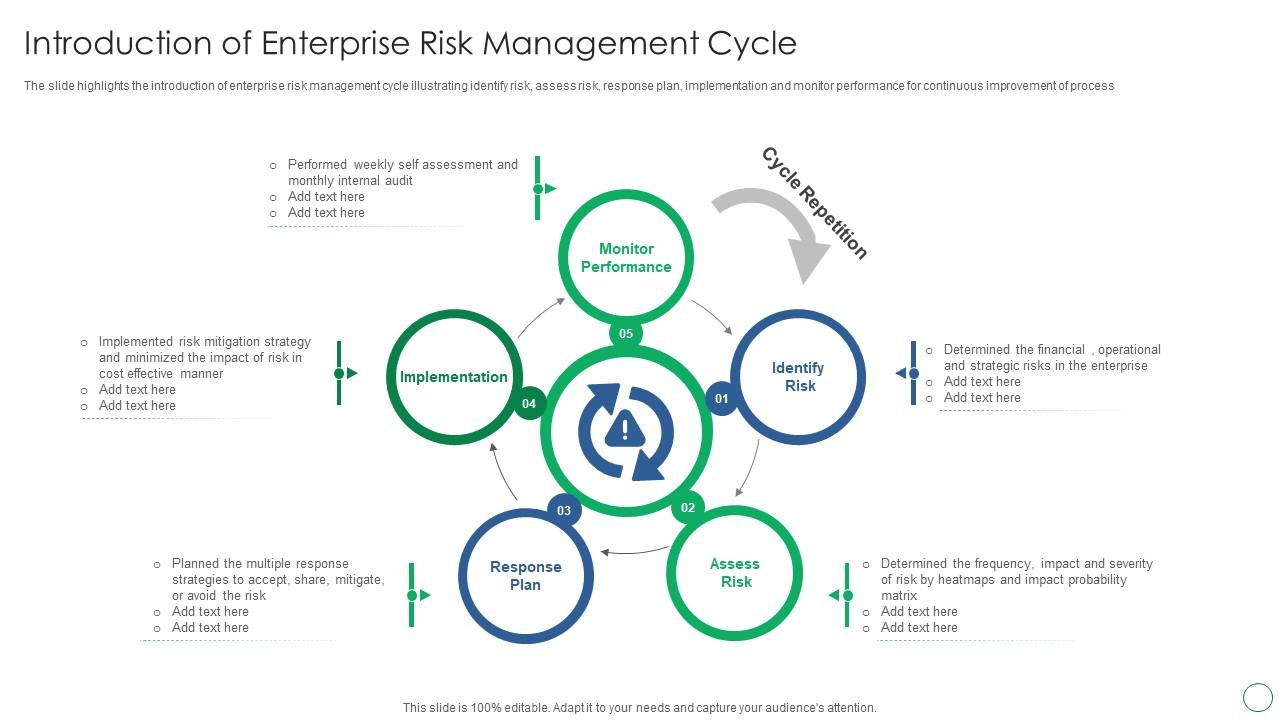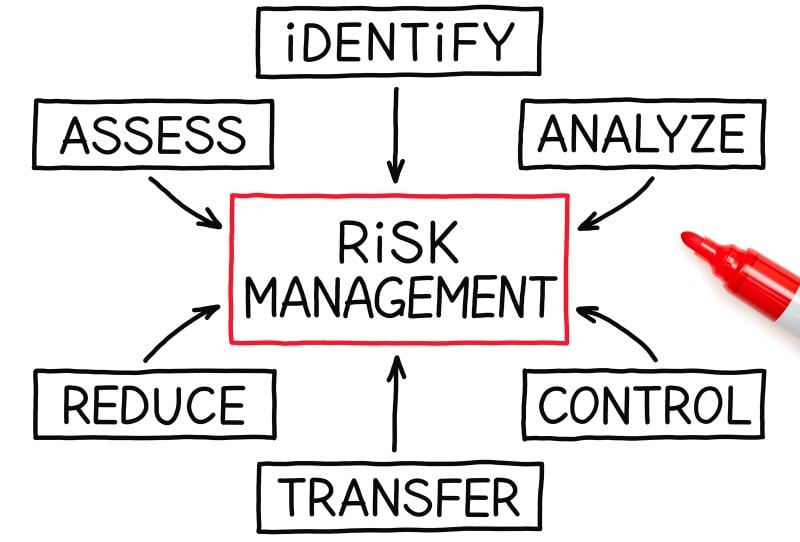Explore the Function of AI in Promoting Ethics and Integrity to Fight Insider Threats Successfully
The integration of AI in business structures has become crucial in dealing with insider dangers. By utilizing advanced analytics and real-time monitoring, AI systems can determine discrepancies from moral behavior among staff members (Insider threats). This positive technique not only boosts conformity but also promotes an environment of depend on. As firms significantly depend on these modern technologies, concerns arise about their efficiency and prospective effects for workplace culture. What lies ahead in the advancement of AI's function in promoting honesty?
Recognizing Insider Dangers and Their Influence On Organizations
Companies typically focus on outside risks, insider risks pose a significant danger that can weaken security and honesty. These risks emerge from individuals within the company, such as service providers or staff members, who might abuse their access to delicate details for personal gain or harmful intent. The influence of insider dangers can be extreme, resulting in monetary losses, reputational damages, and legal implications.
Aspects adding to insider risks consist of frustration with the workplace, lack of oversight, and inadequate worker training on security protocols. Organizations usually battle to identify these risks, as they can be tough to detect until considerable damages has taken place. Prevention strategies need to concentrate on promoting a society of trust and accountability, along with executing robust surveillance and reporting systems. By acknowledging and resolving the complexities of expert hazards, organizations can enhance their protection stance and secure their useful assets from internal risks.
The Evolution of AI in Work Environment Protection
As organizations significantly confront varied safety and security challenges, the assimilation of fabricated intelligence (AI) in workplace security has advanced substantially. At first, AI applications concentrated primarily on automating fundamental protection protocols, such as access control and security. Nevertheless, innovations in device knowing and data analytics have changed AI into a proactive tool efficient in recognizing potential dangers and vulnerabilities in real-time.
Organizations now leverage AI-driven systems to evaluate vast amounts of information, enabling them to identify anomalous habits that may suggest expert hazards. This advancement has resulted in the growth of innovative algorithms that can learn from historical cases, boosting the system's anticipating abilities. Additionally, AI devices are significantly used to enhance occurrence feedback procedures, permitting safety teams to act promptly and successfully.
Exactly How AI Monitors Staff Member Habits for Ethical Conformity
Expert system plays an important role in keeping an eye on staff member actions to ensure ethical conformity within companies. AI systems analyze huge quantities of data generated by workers, including interactions, purchases, and access to delicate info. By employing innovative algorithms, these systems can recognize deviations from established honest requirements and business plans.
Equipment learning models continuously adapt to acknowledge patterns of behavior that might indicate honest breaches, such as unapproved data accessibility or unusual purchase activities. Insider threats. Additionally, AI-driven tools can provide real-time signals to monitoring, helping with prompt treatments when possible risks are discovered
The integration of AI right into conformity monitoring not only improves the organization's ability to promote stability however also promotes a culture of accountability amongst employees. By promoting openness, AI systems work as a deterrent versus unethical habits, guaranteeing that employees stay aligned with honest requirements and organizational worths.
Examining Patterns: Recognizing Risky Behavior With AI
A growing variety of organizations are leveraging AI to analyze patterns that may show dangerous behavior among staff members. By using innovative formulas, these systems can sort through huge quantities of information, determining abnormalities in individual behavior that could recommend possible expert dangers. As an example, AI can identify unusual accessibility patterns to delicate details, such as workers accessing data outside their common scope of job or during irregular hours. Furthermore, behavioral analytics can highlight frequent adjustments in a staff member's interaction design or cooperation routines, which might symbolize underlying concerns. This aggressive technique allows organizations to determine risk aspects before they intensify into substantial risks. As a result, the integration of AI into keeping an eye on techniques not just improves safety and security yet additionally cultivates a culture of liability and moral actions. By identifying these patterns, organizations can better comprehend the behavior dynamics within their workforce, ultimately promoting a more secure and more ethical work setting.
Real-Time Insights: Immediate Actions to Potential Threats
Real-time insights via predictive analytics and automated alert systems play a necessary role in addressing possible dangers to ethics and honesty. By leveraging these technologies, companies can expect high-risk actions and respond promptly to mitigate threats. This aggressive approach enhances responsibility and cultivates a society of integrity in various environments.
Anticipating Analytics Applications

Automated Alert Equipments
Anticipating analytics offers a structure for companies to improve their responsiveness to ethical worries through automated sharp systems. These systems utilize real-time data to keep track of tasks, discovering abnormalities that may signify possible insider dangers. By leveraging device understanding algorithms, automated alerts can identify patterns of behavior that differ developed norms, permitting for quick treatment. This immediacy is vital in mitigating threats linked with unethical practices. Additionally, automated alert systems can simplify communication amongst pertinent stakeholders, making sure that possible dangers are attended to quickly and properly. As companies progressively count on AI-driven solutions, the integration of automated sharp systems will certainly play a pivotal role in cultivating a society of ethics and integrity, eventually guarding organizational properties.
Fostering a Society of Trust With AI-Driven Transparency
AI-driven transparency can substantially boost trust within organizations by promoting liability and open interaction. Via real-time monitoring solutions, stakeholders can gain understandings right into processes and decision-making, promoting a society of stability. Data-driven decision-making further sustains this transparency, allowing informed choices that align with moral requirements.
Enhancing Openness and Responsibility
How can organizations efficiently foster a society of trust? By boosting openness and liability through the critical usage of artificial knowledge. AI can assist companies methodically track decision-making procedures, guaranteeing that activities align with recognized moral requirements. This openness permits workers to see the rationale behind policies and decisions, lowering uncertainty and fostering a sense of justness. Furthermore, AI-driven tools can promote clear communication relating to responsibilities and expectations, encouraging individuals to take ownership of their activities. As accountability becomes embedded in the organizational culture, staff members are most likely to take part in ethical habits, recognizing their actions are kept an eye on and assessed. Eventually, this method cultivates an environment where count on can prosper, considerably mitigating the danger of insider hazards.
Real-Time Tracking Solutions
As companies progressively look for to cultivate a society of depend on, real-time tracking solutions arise as a critical device in enhancing transparency. These AI-driven systems continuously track tasks, offering insights right into user actions and prospective abnormalities that might indicate expert threats. By applying such surveillance remedies, companies can proactively determine dangers, making sure prompt responses to suspicious tasks. This not just safeguards sensitive info yet also reinforces a commitment to honest methods. The clear nature of real-time surveillance assists develop staff member confidence, as individuals are conscious that their actions are being observed for the greater good. Eventually, these remedies offer to grow a workplace environment based in count on, responsibility, and honest integrity, vital for minimizing expert dangers properly.

Data-Driven Decision Making
Real-time monitoring services prepared for data-driven choice production, which greatly improves business openness. By leveraging AI innovations, companies can evaluate large amounts of data to recognize patterns and anomalies a measure of potential insider risks. This logical technique enables stakeholders to make enlightened decisions based in empirical proof, fostering a culture of count on amongst staff members. Transparency in decision-making processes, bolstered by AI-driven understandings, encourages responsibility and moral behavior. Furthermore, it enables companies to proactively address vulnerabilities, guaranteeing that actions taken are warranted and communicated clearly. Consequently, the application of data-driven approaches not only reduces threats associated with insider hazards yet also enhances the worths of honesty and moral conduct within the business structure.
Future Fads: The Role of AI in Enhancing Work Environment Ethics
While organizations increasingly transform to expert system for functional performance, the capacity of AI to improve work environment values is gaining prestige. Future patterns show that AI will certainly play a necessary duty in developing honest structures and guidelines, allowing companies to navigate complex ethical issues. By assessing huge amounts of information, AI can determine patterns of dishonest habits and supply understandings that this content advertise transparency and responsibility.
In addition, AI-driven tools can help with real-time surveillance of employee interactions, ensuring adherence to honest criteria. This positive technique not only reduces insider risks however also cultivates a society of stability. As companies embrace AI modern technologies, they should also focus on honest shows and mathematical prejudice decrease to ensure fairness.
In this progressing landscape, the integration of AI in ethical practices represents a transformative shift, fostering an atmosphere where honesty is not just anticipated however methodically reinforced.
Frequently Asked Concerns
Just How Does AI Differentiate In Between Benign and Malicious Actions?
AI sets apart in between benign and harmful actions by examining patterns in customer actions, utilizing maker understanding formulas to identify abnormalities, and assessing contextual information to identify whether activities line up with recognized standards or display potential threats.
Can AI Tools Replace Human Being Judgment in Honest Decision-Making?
AI devices can not completely change human judgment in honest decision-making. While they can examine data and identify patterns, the nuanced understanding of context, values, and moral ramifications still calls for human insight and discernment.
What Are the Privacy Implications of AI Keeping Track Of Staff Member Behavior?

Just How Can Organizations Make Certain AI Algorithms Are Morally Developed?
Organizations can ensure AI formulas are ethically created by carrying out transparent growth procedures, including varied stakeholders, conducting routine audits, and sticking to well-known honest frameworks that prioritize justness, liability, and regard for individual privacy and Related Site legal rights.
What Training Is Required for Staff to Comprehend Ai's Moral Duty?
Team training must incorporate fundamental AI ethics, information personal privacy, and predisposition understanding. Workshops, case studies, and interactive sessions can boost understanding, ensuring staff members identify AI's moral effects and its role in cultivating integrity within the company.
Man-made intelligence plays a necessary role in monitoring employee actions to assure moral compliance within organizations. The integration of AI right into monitoring methods not just improves safety and security but likewise promotes a society of liability and moral habits. While companies significantly deal with moral predicaments and potential honesty breaches, anticipating analytics applications use timely understandings that can aid mitigate these dangers. Anticipating analytics offers a structure for companies to boost their responsiveness to honest concerns via automated alert systems. Future trends show that AI will certainly play a necessary duty in developing honest frameworks and standards, permitting companies to navigate intricate moral predicaments.